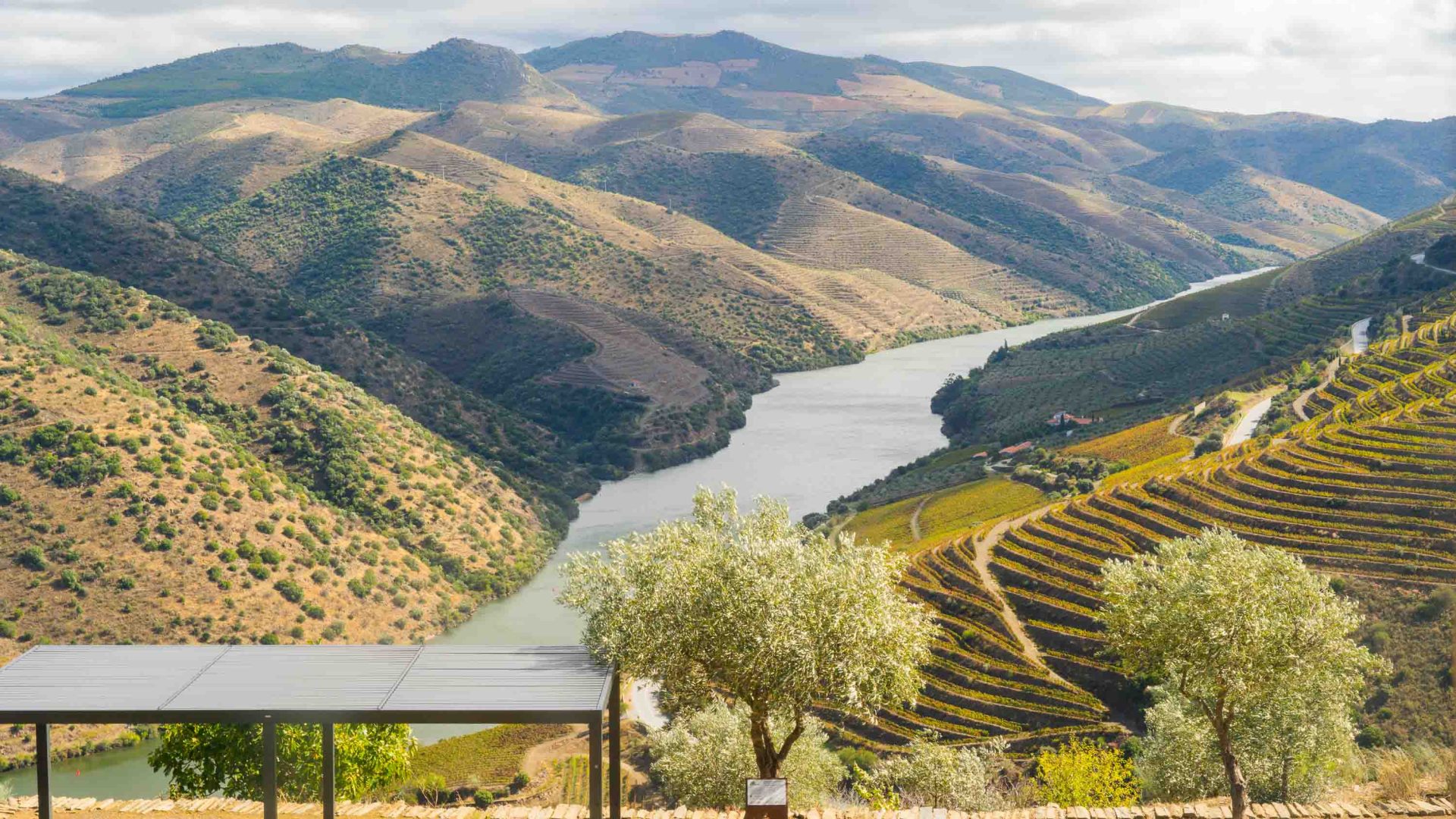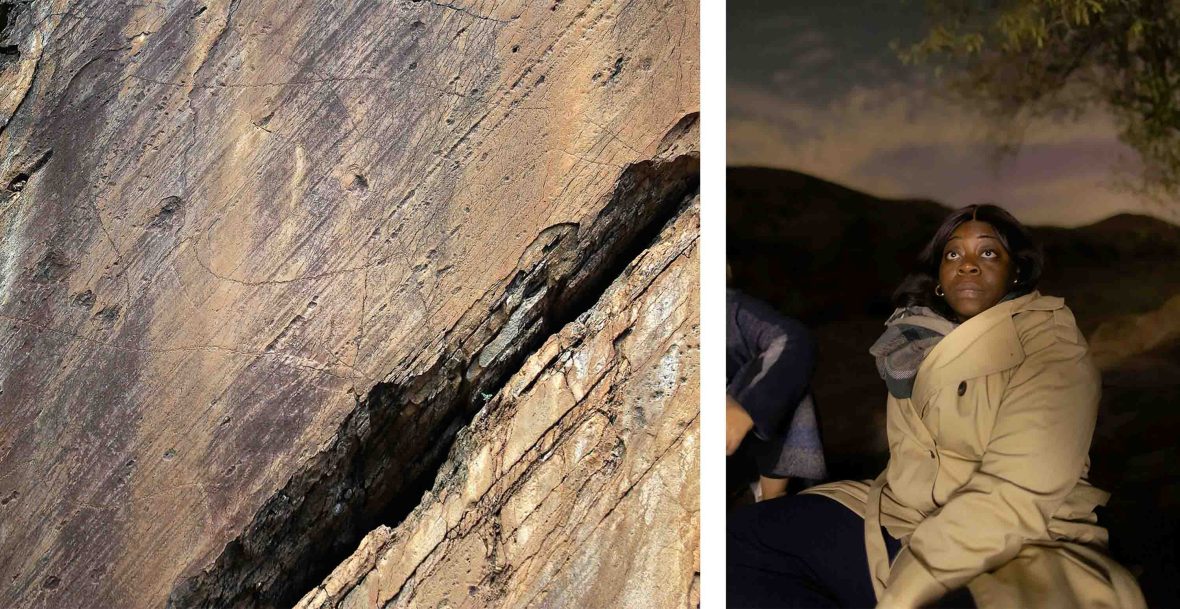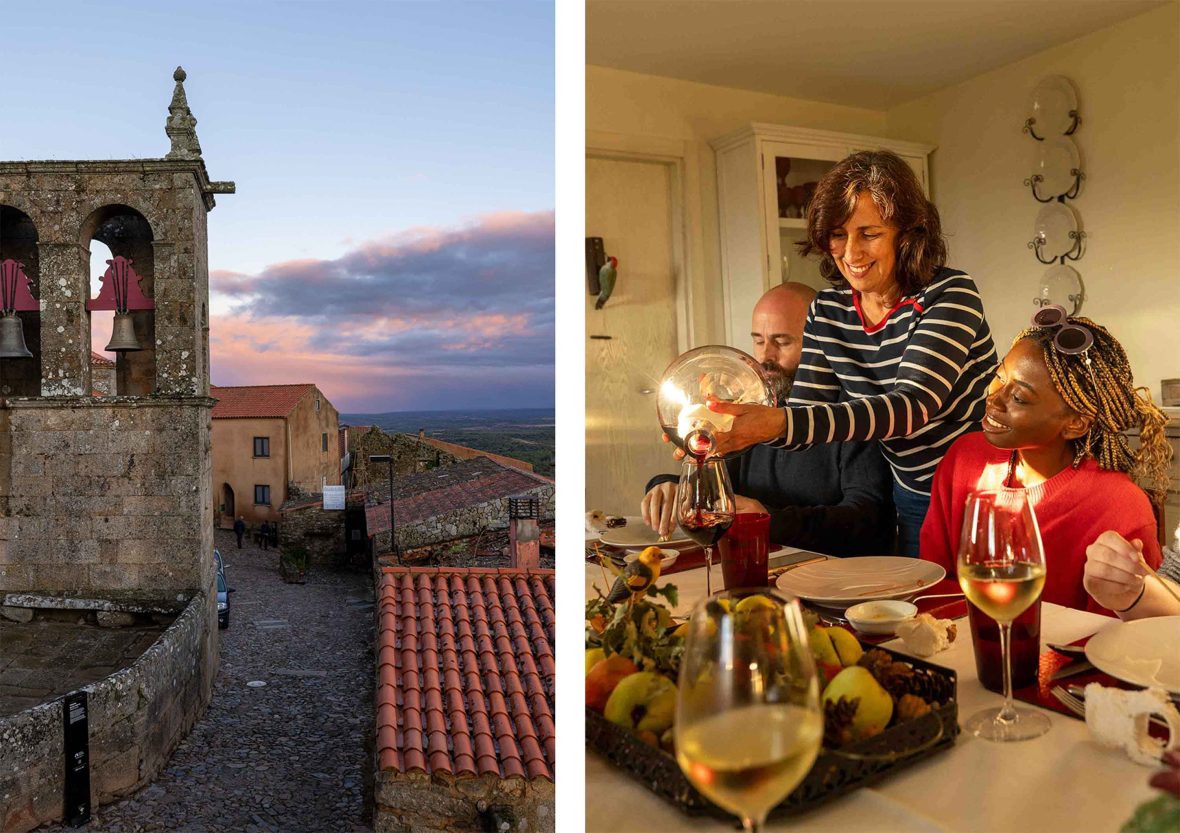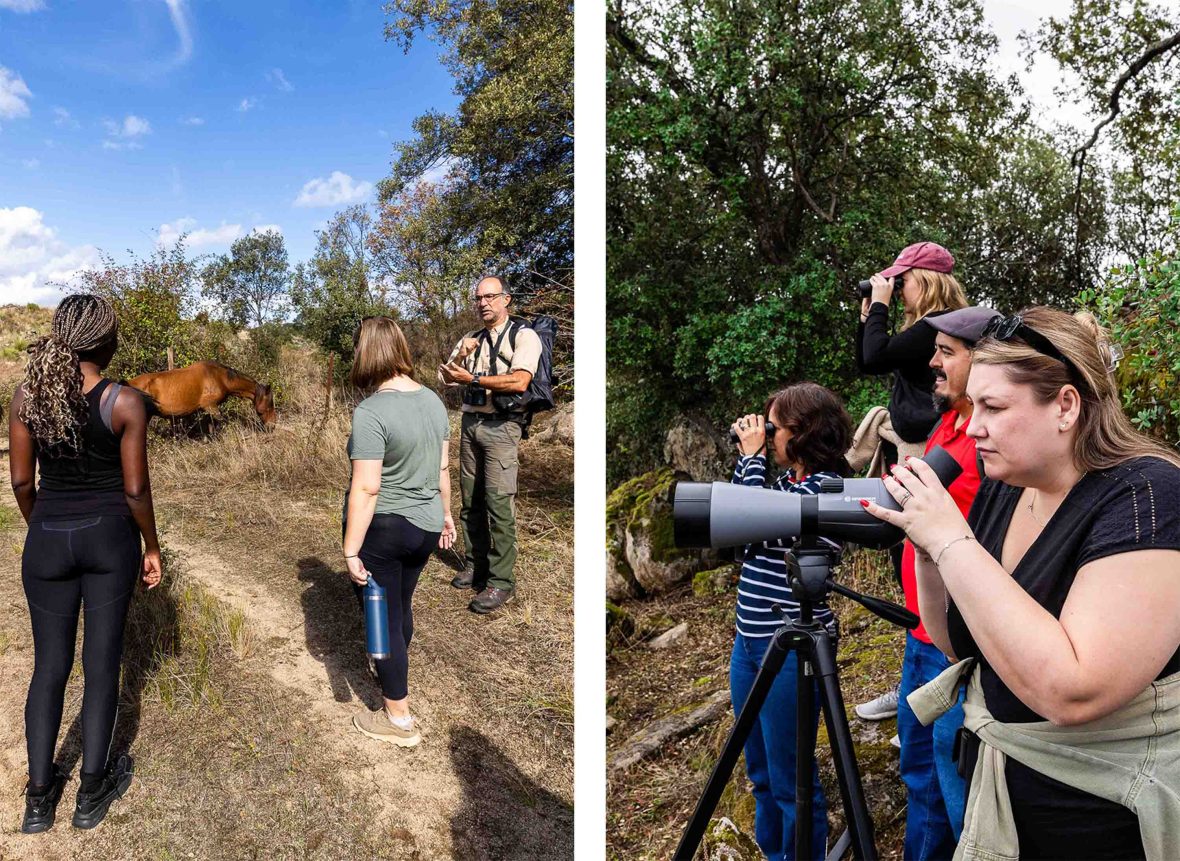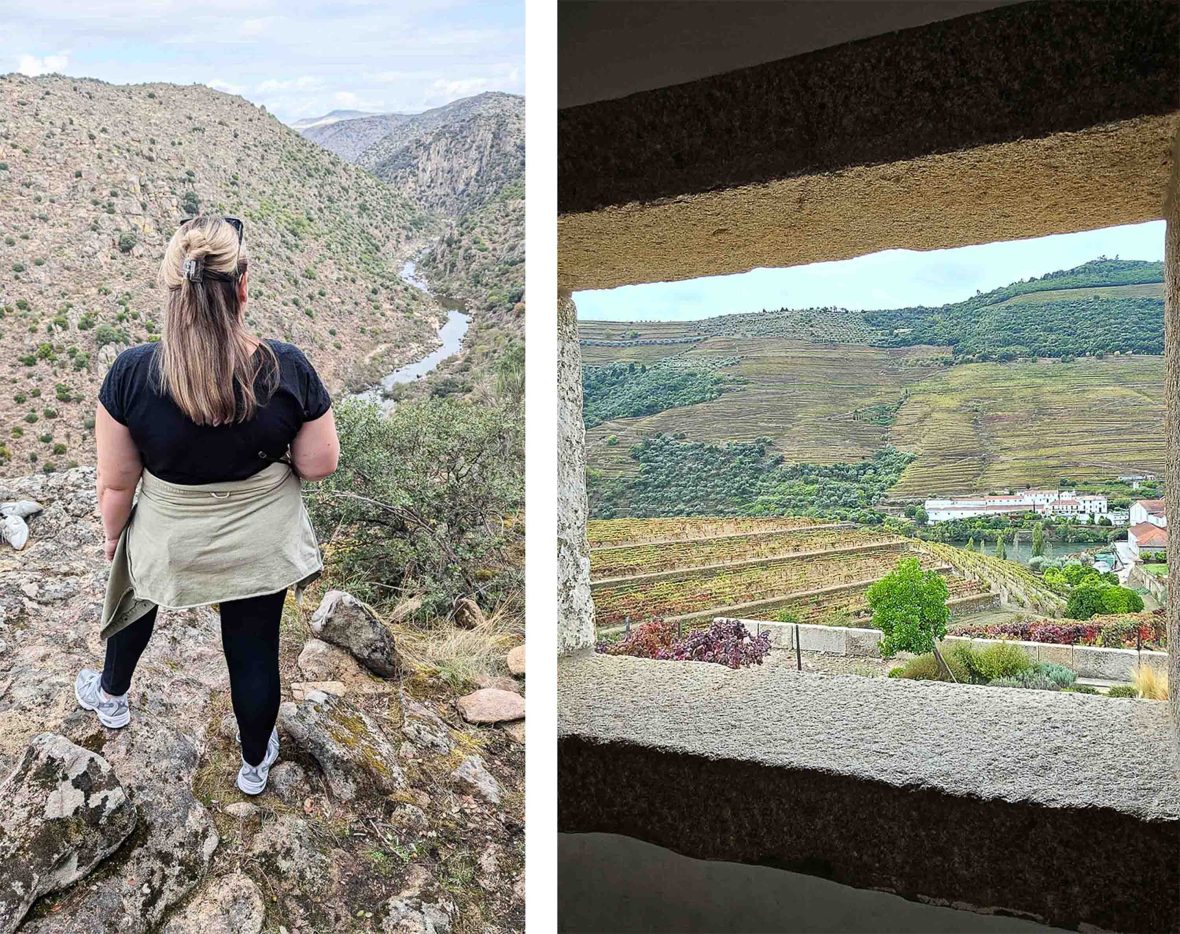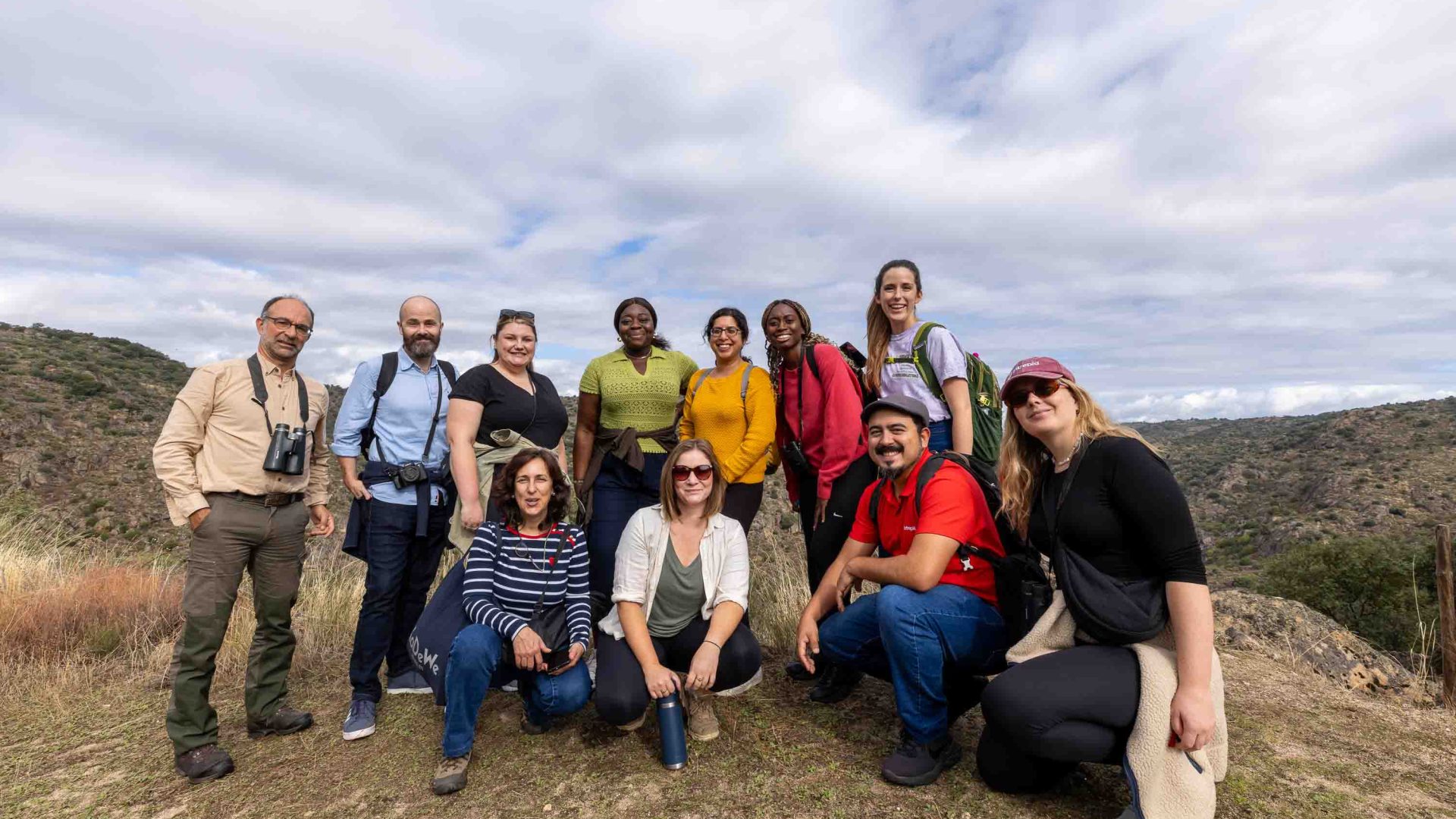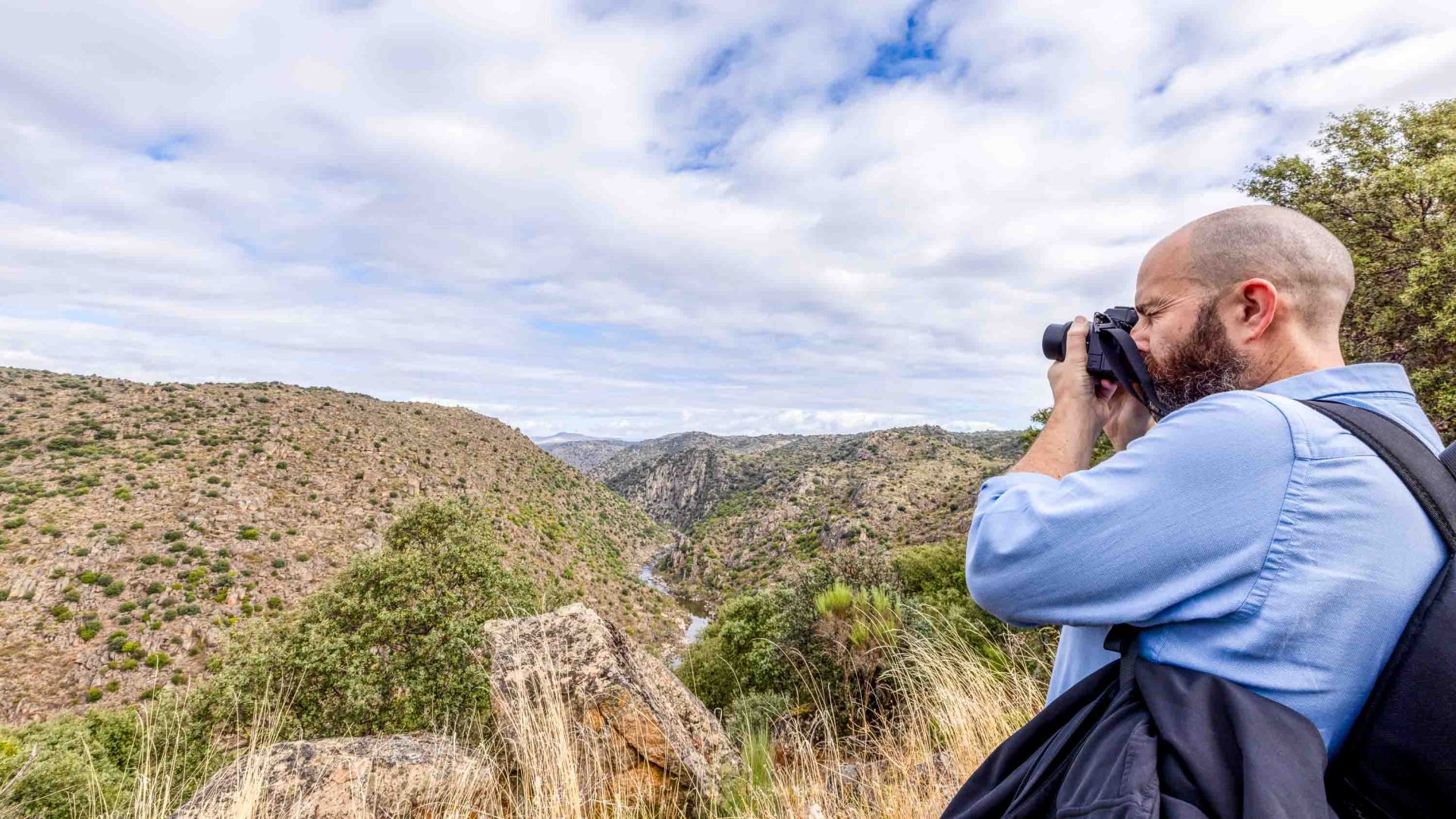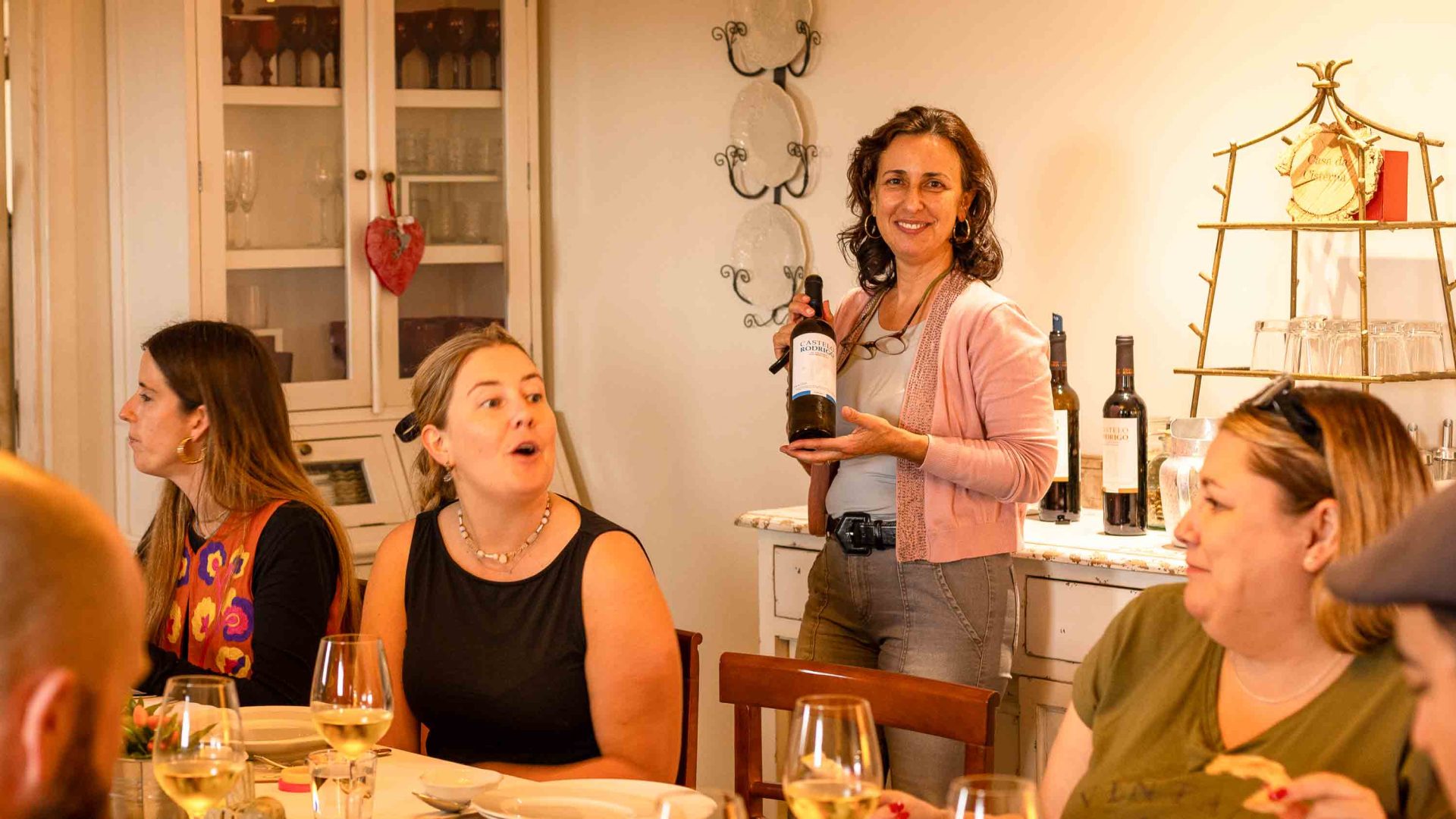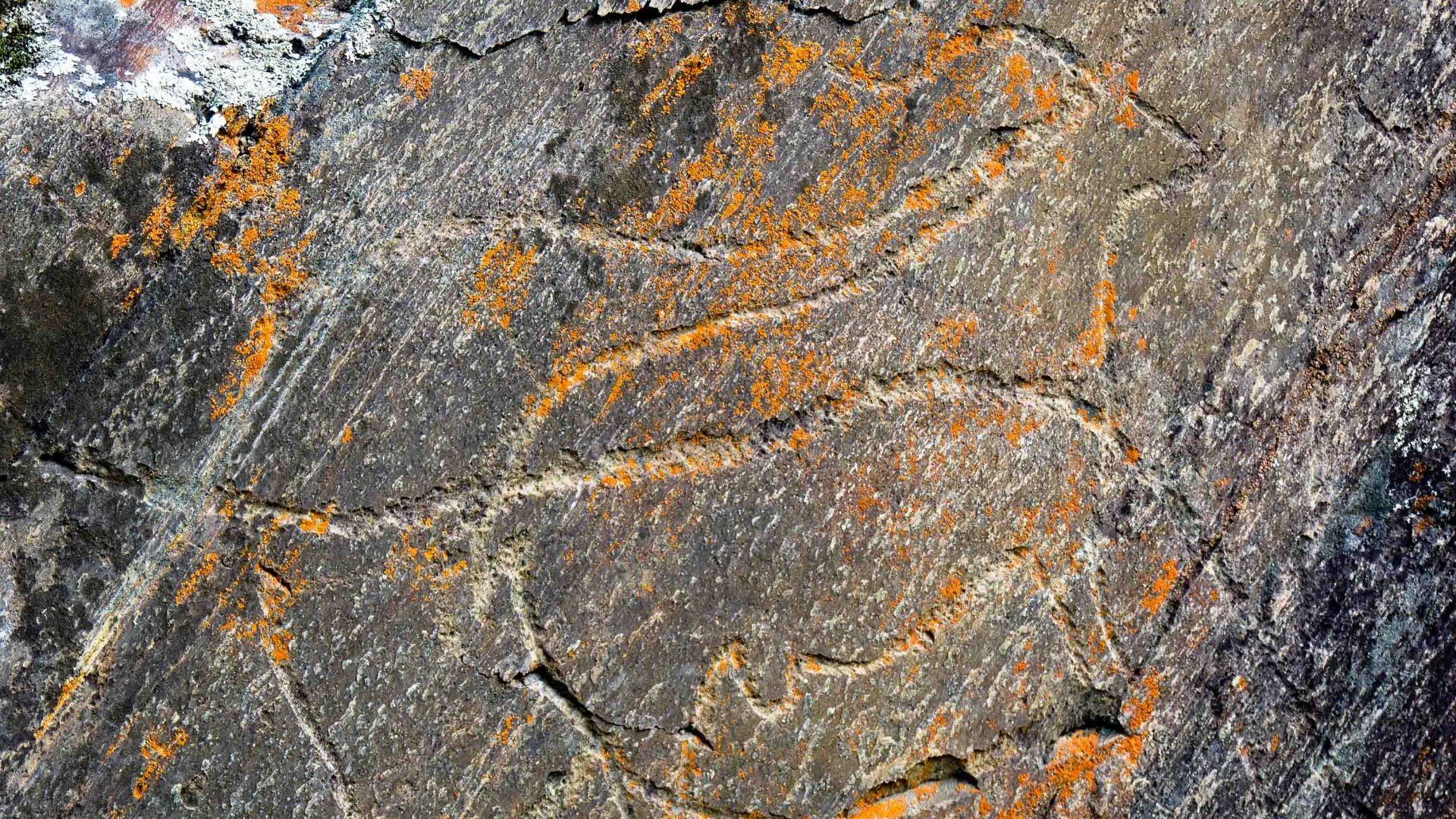One of the Côa Valley’s biggest draws is its UNESCO World Heritage prehistoric rock art site—ancient engravings across the valley’s hillsides that depict daily life from the end of the Palaeolithic Age. Guided tours, like this one, explain how these engravings of hunting scenes, animals, and rituals connect the past to the present, and how, for thousands of years, the people of the Côa Valley have lived with a deep connection to the land and wildlife.
As far back as 15,000 to 30,000 years ago, wild animals roamed the open grasslands here, coexisting with the early humans. Over time, these animals were gradually domesticated. This shift wasn’t just about survival—it marked a long-standing relationship between humans and nature. Today, in places like the region’s Faia Brava Reserve, this continues. Domesticated animals graze freely across the same landscapes their wild ancestors once did, feeding on the grasses and shrubs that would otherwise increase wildfire risk, showing the role these ancient practices play in preserving the valley today.
Under torchlight, as the art is better observed by night, we gather around a large rock face covered in engravings. Ana points out a striking depiction of a horse, her voice increasingly more animated: “What strikes me most about this carving,” she says, “is the sense of movement it holds. The way the lines curve and flow—it’s almost like the horse is in mid-gallop.”
